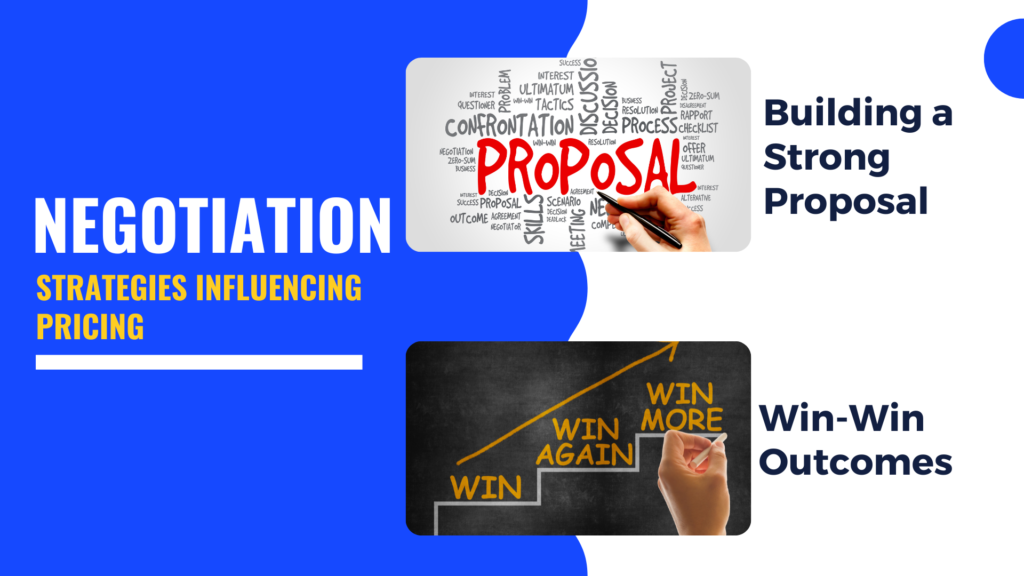Pricing strategies for government contracts

Introduction:
Hey there! Are you a business owner or contractor looking to land government contracts? Congratulations! That’s a significant opportunity. But here’s the thing: pricing your services or products for government contracts can be quite a challenge. Don’t worry, though! In this blog post, we’ll discuss pricing strategies for government contracts and give you some quick tips to help you succeed. So, let’s dive in!
When it comes to government contracts, pricing plays a crucial role. It’s essential to strike a balance between profitability and competitiveness. Remember, the government seeks the best value for taxpayers’ money. Here are a few pricing strategies to keep in mind:

1.Cost-Plus Pricing:
This strategy involves calculating the total cost of delivering a product or service and adding a fixed percentage or fee to determine the final price. It’s used when charges are uncertain or difficult to estimate. For example, you’re a construction company bidding for a government contract to build a new school. You calculate all the costs, including materials, labor, and overhead, and then add a fixed percentage to cover your profit.
2.Competitive Bidding:
In this strategy, you set your price by considering what your competitors are offering. It’s all about finding the right balance between being competitive and ensuring profitability. For instance, if you’re a software development company bidding for a government contract, you’ll research the market to determine the average price range and adjust your bid accordingly

3.Cost Breakdown:
Prepare a detailed breakdown of costs to justify your pricing and facilitate negotiations. This breakdown helps the government understand how your price is composed and provides transparency.
4.Value Proposition:
Emphasize the value your product or service brings to the government. Highlight the benefits and outcomes that differentiate you from your competitors. This approach can help justify a higher price if the value provided exceeds the costs.

Tips:
- Research your competitors to understand market pricing.

- Always consider both direct and indirect costs when calculating your prices.

- Stay updated with the latest government contract regulations and requirements.

Example:
Imagine you run a transportation company and want to bid for a government contract to provide shuttle services for a government agency’s employees. You would analyze your costs, including fuel, maintenance, and driver wages. You would also research what other transportation companies charge for similar services in your area. Based on that information, you would determine your bid’s competitive yet profitable price.
Scenario Application:
Now, let’s put ourselves in the shoes of a catering company bidding for a government contract to provide meals for a military base. To develop a suitable pricing strategy, you would consider factors such as food costs, labor expenses, transportation, and overhead. You would also examine the average pricing for similar contracts and adjust your bid accordingly. This scenario helps us understand how pricing strategies can be tailored to specific situations.
Conclusion:
Congratulations! You’ve just learned the basics of pricing strategies for government contracts. Remember to balance competitiveness with profitability and consider the specific requirements of each contract. By understanding the principles behind cost-plus pricing and competitive bidding, you’ll be better equipped to land government contracts successfully.
We hope these insights and tips have been helpful. Now it’s your turn! Do you have any experiences or additional information you’d like to share? We’d love to hear from you! Leave your feedback in the comments section below. Good luck with your government contract endeavors!
Isaac's Closing Questions
1. In conclusion, how can the implementation of appropriate pricing strategies for government contracts ensure a balance between fair competition and achieving desired project outcomes?
2. As we wrap up, what are your thoughts on the role of transparency and cost-effectiveness in pricing strategies for government contracts, and how can these aspects be maximized for the benefit of both contractors and taxpayers?

